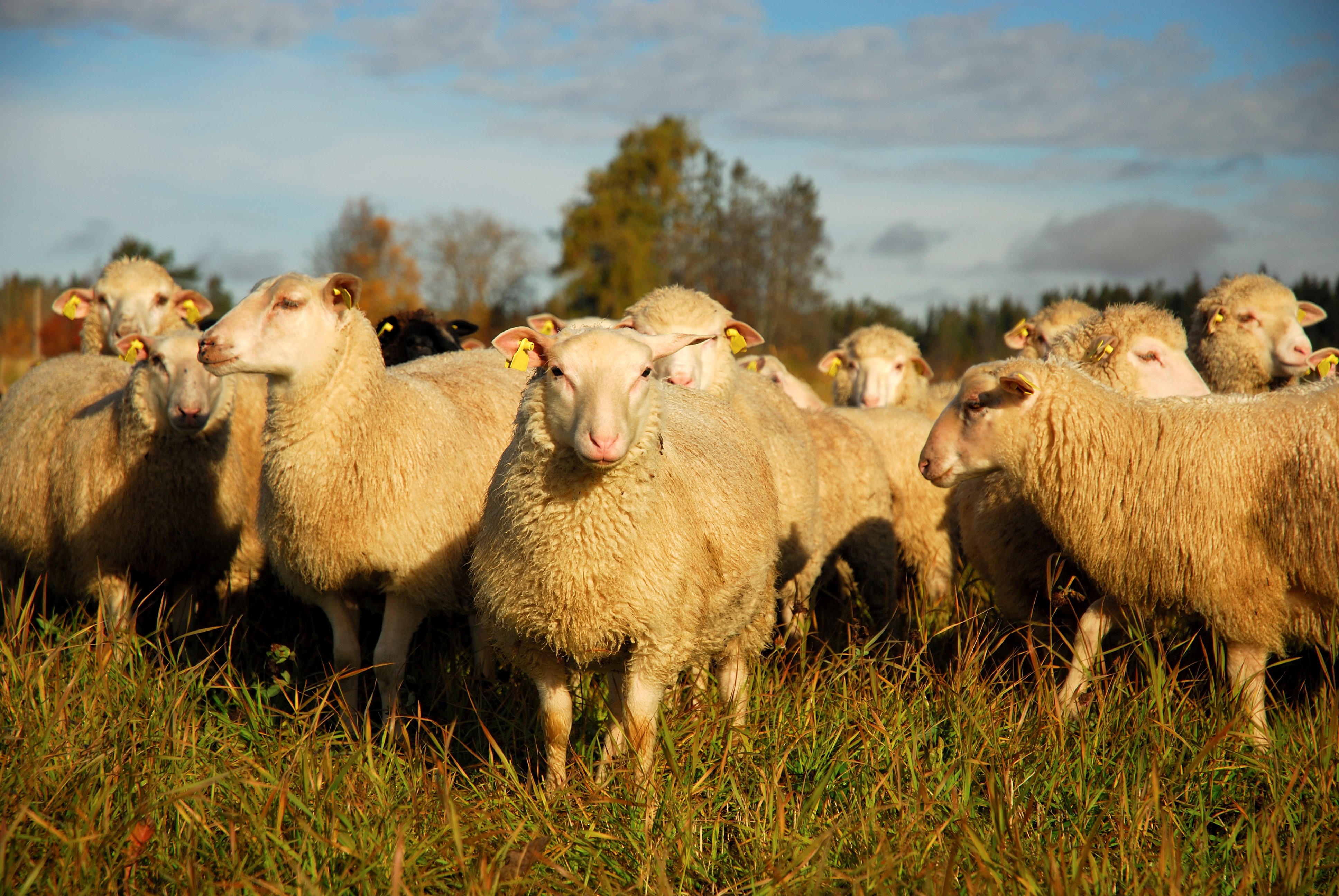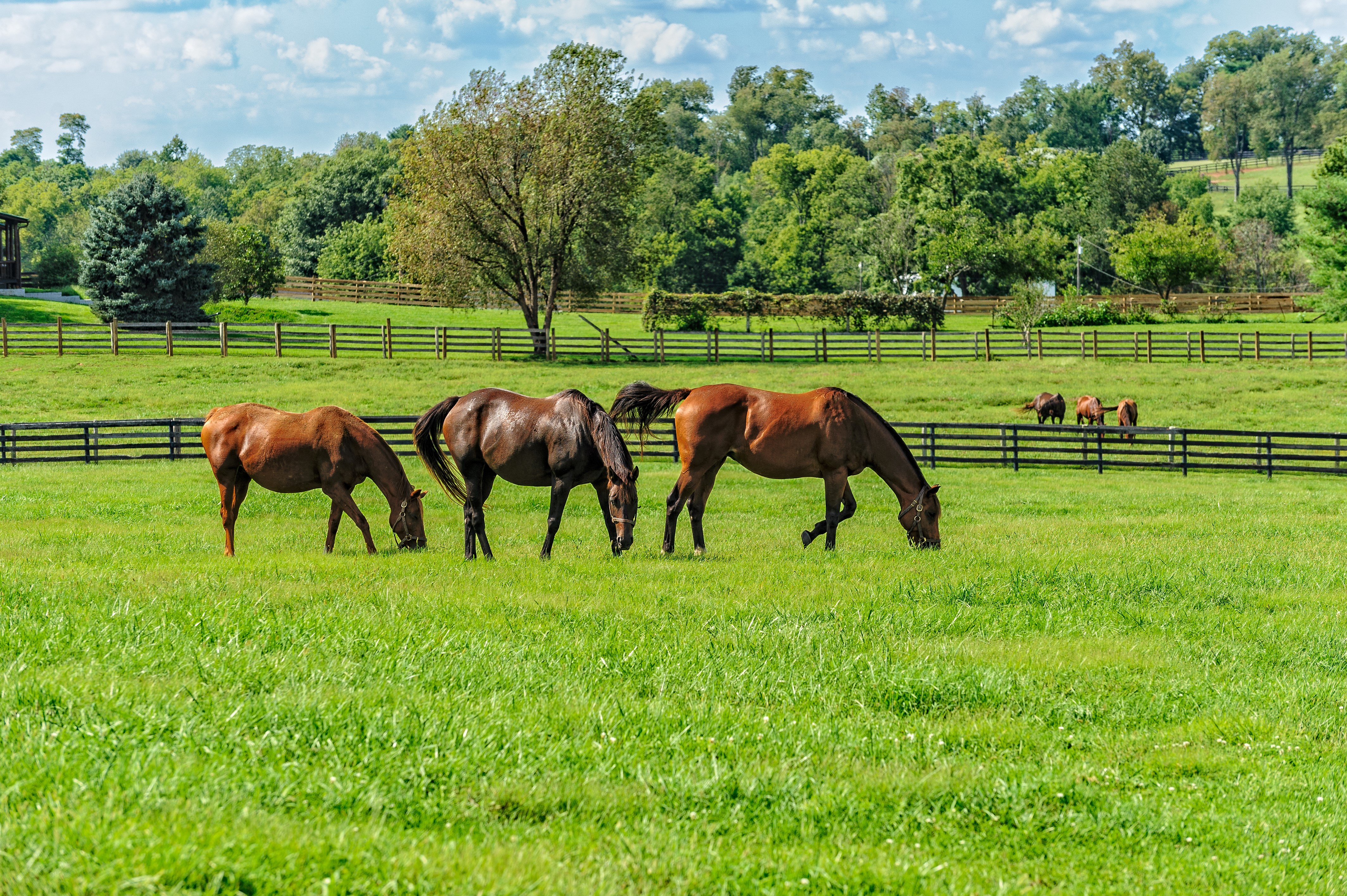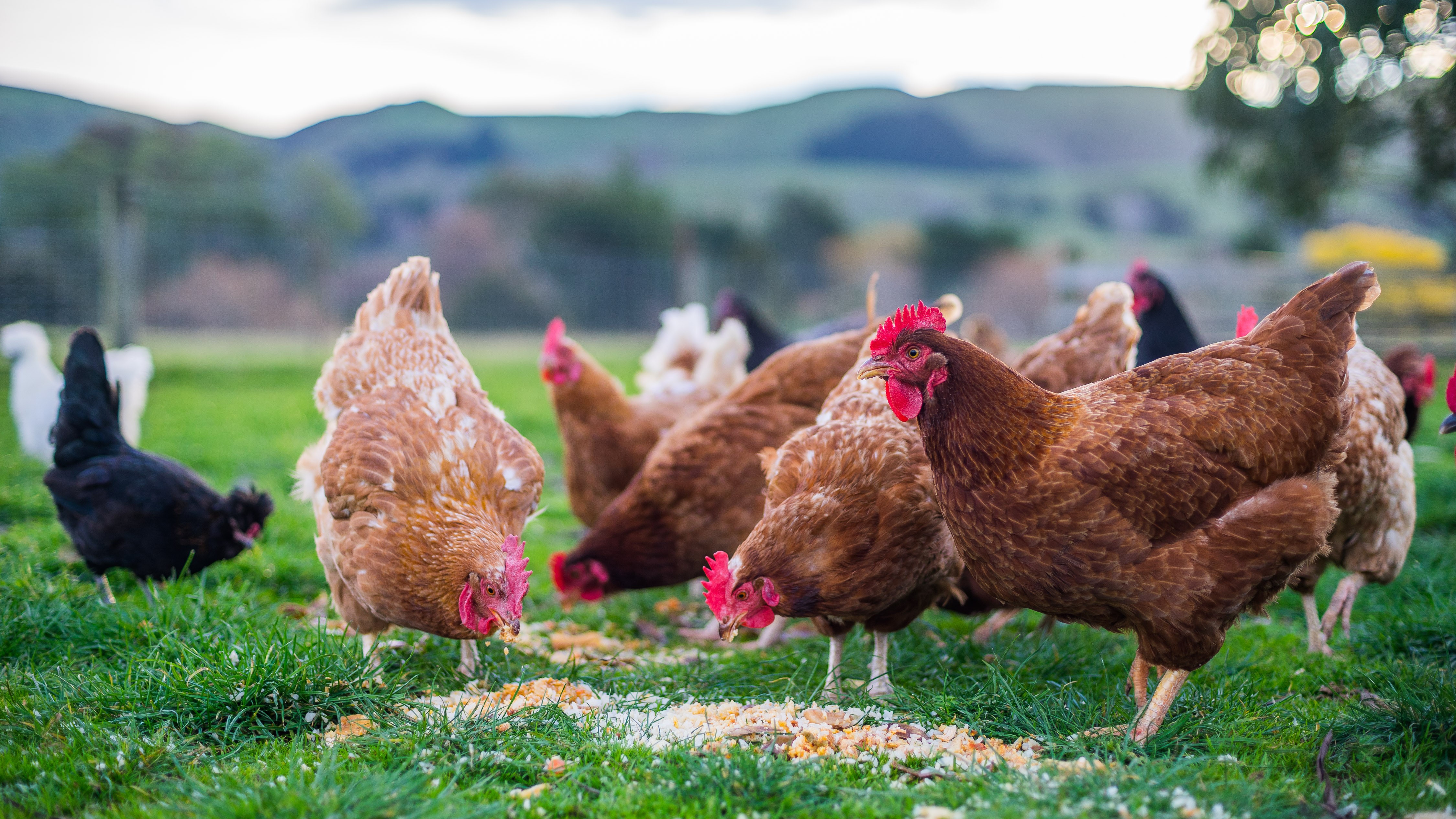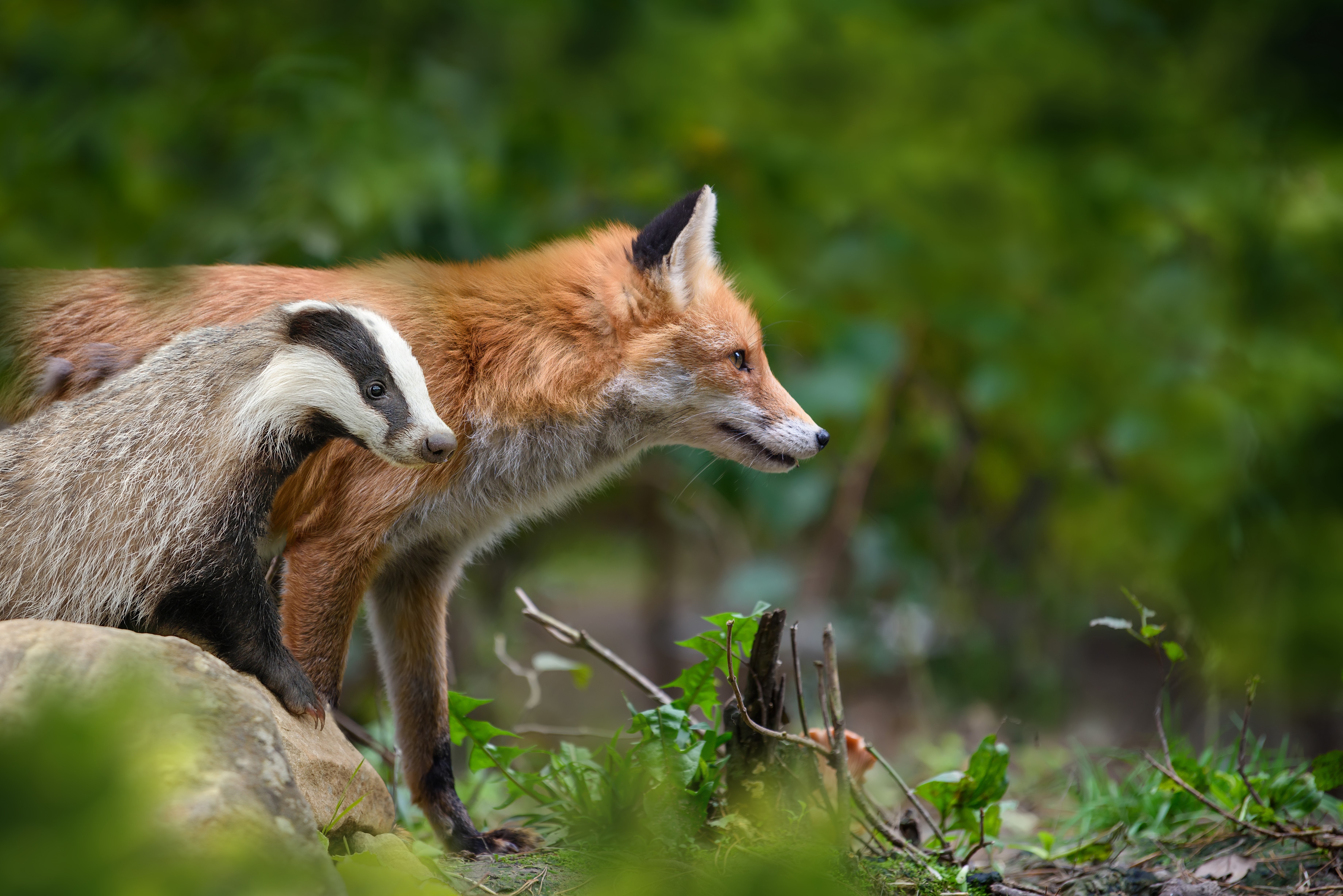Animal Health Awareness Day 2019
The First Ever Animal Health Awareness Day (November 28th, 2019) is an initiative of the Department of Agriculture, Food and the Marine. Supported by the IFA, Teagasc, Animal Health Ireland, The School of Veterinary Medicine at UCD, Veterinary Ireland and ICBF.
Keep track of this day and upcoming events via the Department of Agriculture, Food & the Marine website and twitter feed '@agriculture_ie'.
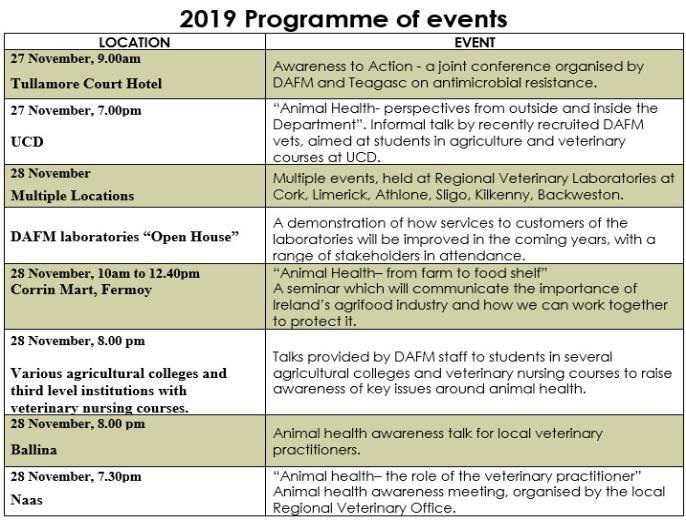
Why have an Animal Health Awareness Day?
Ireland is often described as an island on the edge of Europe. This location helps us to remain free from many of the animal diseases which affect other countries, which is very important to our entire Agricultural sector. That is why, on November 28th, 2019; the Department of Agriculture, Food and the Marine (DAFM) will promote the first ever Animal Health Awareness Day.
Why is animal health so important for Ireland?
We export the majority of our agri-food products, and livestock farming is a key provider of these exports. Having healthy animals helps farming and the Agri-food industry to prosper in a variety of ways:
-
Healthier animals are more efficient animals. Healthy animals produce more milk, meat, eggs, etc. Less sickness and lower mortality also mean less greenhouse gas, improving the sustainability of farming.
-
Healthier animals are happier animals. The robust health of our animals is a major selling point for Irish food internationally
-
Ireland is free of many devastating livestock diseases of livestock. Thankfully, we’ve managed to avoid outbreaks of Bluetongue, African Swine Fever, Newcastle Disease and other ailments that have devastated animal populations elsewhere. This helps provide assurance for both farmers and Agri-food companies.
-
Agri-food products are traded to other countries on the basis of certificates; agreed between the chief veterinary officers of exporting and importing countries. Many of these certificates require complete freedom from certain diseases. The fewer diseases and the lower the levels of disease present in a country, the easier it is to retain existing markets and to access new ones.
How can you protect your herd or flock from the more common or “endemic” diseases?
-
Maintain a closed herd: avoid buying in livestock where possible.
-
Avoid sharing equipment and vehicles between farms, and if unavoidable, clean and disinfect equipment between use
-
Use vaccinations, anthelminthics and antimicrobials appropriately and where necessary, according to the advice of a veterinarian.
-
Engage with your local veterinary practitioner to put in place an effective herd health programme for your herd.
-
Maintain good fences around the perimeter of your farm, and take appropriate measures to protect farmed animals from wildlife
For further information about any of these events, please contact satsurveillance@agriculture.gov.ie .
